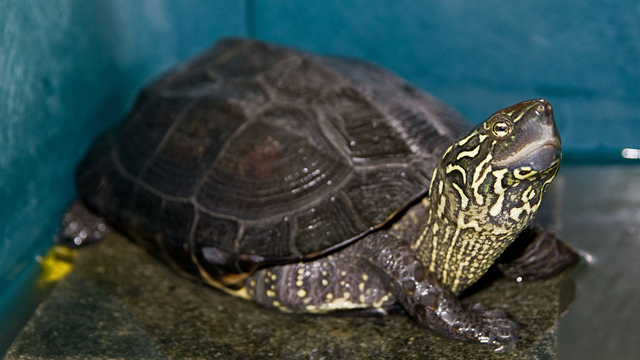 Chinese three-keeled pond turtle (Chinemys reevesii)
Chinese three-keeled pond turtle (Chinemys reevesii)
WIKIMEDIA, SIGMA64
Some reptile embryos may have more control over their fate than previously thought. According to a study published in Biology Letters last month (June 12), Chinese three-keeled pond turtles (Chinemys reevesii) shift position within their eggs to find the optimal temperature—a move that could determine their sex.
Previous research with a different turtle species indicated that embryos would move from a cool spot to a warm one inside the egg. The new study shows that C. reevesii embryos will also move to avoid dangerously warm temperatures. Such movements can ultimately affect the organisms’ sex, because embryos that develop in cooler ...













